I hope you like this guest post from Batie Patterson of totbliss.com
We’ve got all discovered being outside in the fresh atmosphere has amazing health benefits. We also have discovered that planting flowers might be therapeutic. But do you really know that gardening has amazing developmental benefits for kids?
- Engages All the Senses

Kids learn best when engaging each of their senses. Using gardening, kids could touch and feel the dirt, seeds and flowers, see the vibrant colors and varied sizes of these plants, hear the noise of vegetable once it’s removed out of the plant and also aroma the amazing scents of the flowers. Allowing all of the senses to participate helps kids understand and grasp the idea of gardening along side most of the current mathematics and scientific concepts that come along side it.
2. Encourages Healthy Eating
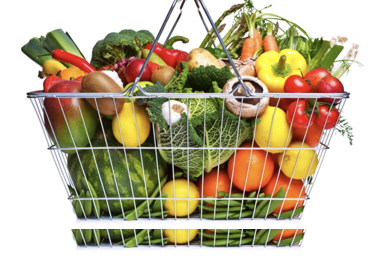
Eating healthy food is vital for brain and body development . However, it might be difficult at times to have kids to eat those fruits and veggies. By allowing them grow their very own beans, carrots and lettuce they will have a sense of pride in eating exactly what they will have “sowed.” This, consequently, will emphasize the need for healthy eating. Kids will probably learn how to love eating strawberries, blueberries and broccoli!
Gardening encourages kids to eat fruits and vegetables that contributes to their healthy lifestyle.
3. Enhances Fine Motor Development
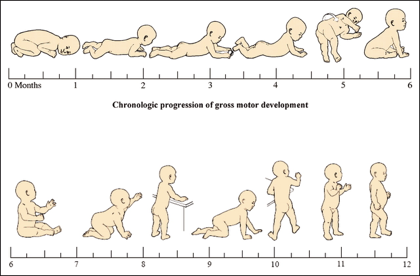
Scooping up the dirt, setting the seeds from the baskets and massaging all take excellent motor control and strength. As kids garden they develop important mental and motor skills which will assist them improve their instructional skills like writing, cutting edge and typing.
4. Introduces Kids to Scientific Concepts
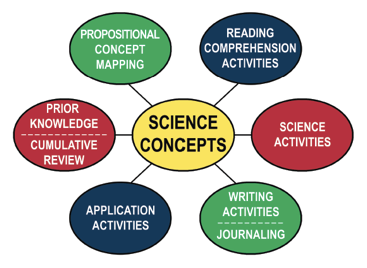
Gardening can be a wonderful introduction to the area of science specially botany, biology and chemistry. When kids plant their very first seeds that they become curious about what’s going to happen next. They create their very own hypothesis and monitor the progress each day. Without even realizing it, kids are learning about the simple steps of the scientific process. As kids grow older, they know about the impact of sunlight and water to the growth of plant. They know that plants want sunlight, which needless water and the length of time they choose to grow. Gardening offers wonderful science lessons at home!
Planting beans can be a very enjoyable gardening activity that’s also a wonderful scientific experiment.
5. Fosters Family Bonding
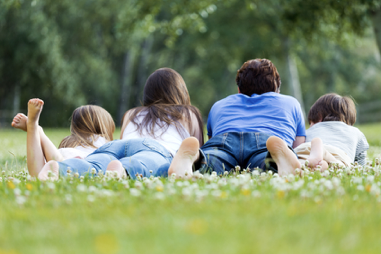
I’ve got many friends that love to garden along with their own parents. It fosters a strong family bond. For many, it is a spring tradition which conveys well in to adulthood. Kids and parents come together to make a decision as to what flowers and vegetables to plant and where you can plant them. Families may work together to generate meals utilizing the vegetables they’ve grown.
6. Teaches Responsibility
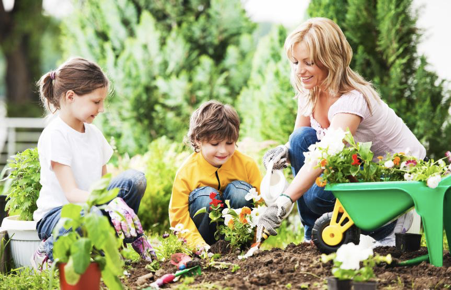
Gardening can be a great way to show kids about responsibility. Kids learn they must look after their seeds every day for them to become healthy plants. To help, you are able to earn a checklist that kids can employ to be sure that they care to their own plant every day.
Gardening teaches kids to become responsible due to his or her plants by caring for them every day!
7. Highlights the Importance of Taking Care of the Environment
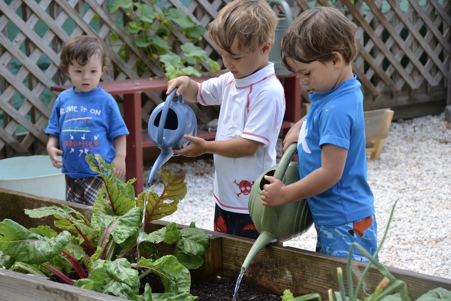
When kids garden they realize how important it’s to look after the planet earth. It creates the perfect opportunity for parents to speak with their kids around concepts like pollution, pesticides and recycling.
8. Develops Math Skills

There are all those teachable mathematics moments when gardening out of measuring the dirt depth to counting seeds. You might even embed your lessons in to the gardening experience. By way of instance, your son or daughter can assess the growth of this plant and create a chart. Kids may also quantify and compare the different sizes of their vegetables and the range of petals on the flowers. Still another enjoyable lesson is always to spot all different shapes which are located in the garden. This really is actually a great introduction to Geometry.
9. Teaches Patience

When I begin the gardening process along with my kiddies, it’s become abundantly clear how important it’s to have patience. Kids are utilised to immediate gratification nonetheless, gardening is usually a slow process. Kids need to know how to have patience when awaiting for their flowers and vegetables to grow. The waiting actually makes the minute the blossom or vegetable sprouts more intriguing!
After gardening, kids must patiently await their seeds grow!
10. Enhances the Ability to Plan and Organize

For the ones who garden regularly, you understand planning and organizing a garden might be frustrating. You’ve got to know what flowers bloom throughout what period of season, just how much time it requires a seed to really become a vegetable and also if may be your ideal time for you to plant your own seeds. Involving kids in this process may help increase their planning and problem solving skills. Additionally, it enriches their organizational strategies that may be carried to every facet of life!
